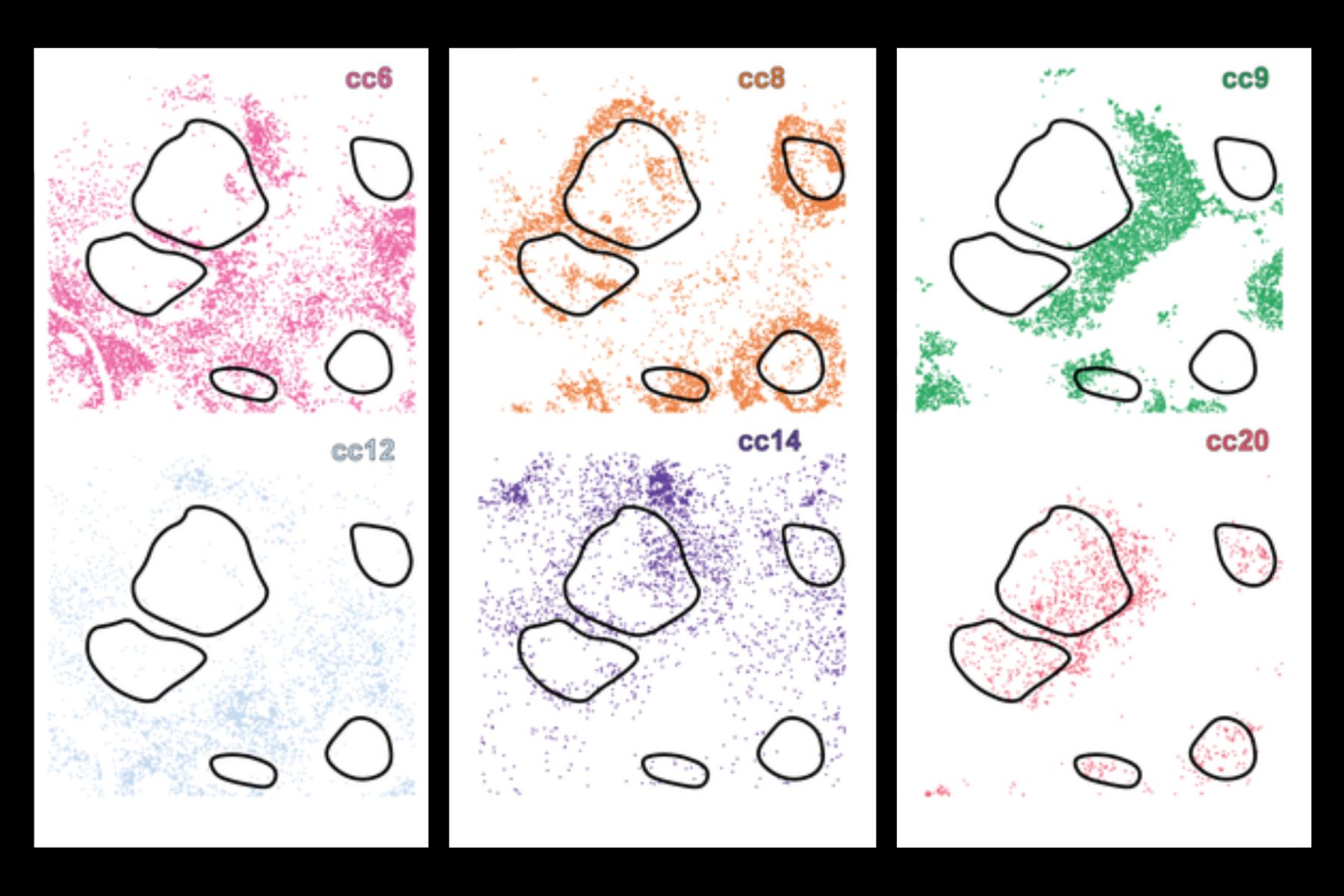Jeremiah Johnson included on the NSF Center for the Chemistry of Molecularly Optimized Networks (MONET) team at Duke University
MONET will bring together experts in polymer chemistry, synthetic methods, photochemistry, multi-scale modeling and bioconjugation.
The National Science Foundation recently awarded a five-year, $20 million grant to Duke University researchers to explore and optimize the chemical structure and physical properties of individual molecules in a polymer network. The NSF Center for the Chemistry of Molecularly Optimized Networks (MONET) will bring together experts in polymer chemistry, synthetic methods, photochemistry, multi-scale modeling and bioconjugation. Led by Duke University, the center will include researchers from Columbia University, Johns Hopkins, Northwestern, University of California – San Diego, University of Illinois Urbana-Champaign, University of Michigan, University of Washington, and the MIT Department of Chemistry’s Professor Jeremiah A. Johnson.
“The long-term potential of this research includes cost- and time-efficient optimization of the polymers used in products like biomedical implants, building materials and even automobile tires,” said principal investigator Stephen Craig, the William T. Miller distinguished professor of chemistry at Duke. “We hope to discover new ways to make tougher, longer-lived materials with improved end-of-life properties that reduce waste while being perfectly tailored to their intended uses.”
“The scientific path being charted by the MONET team will further national priorities in Advanced Manufacturing, Sustainability and Artificial Intelligence,” said NSF Division Director David Berkowitz.
In addition to its scientific activities, MONET will work to broaden participation and improve student training in the sciences and advance the public appreciation and commercial translation of its findings.





